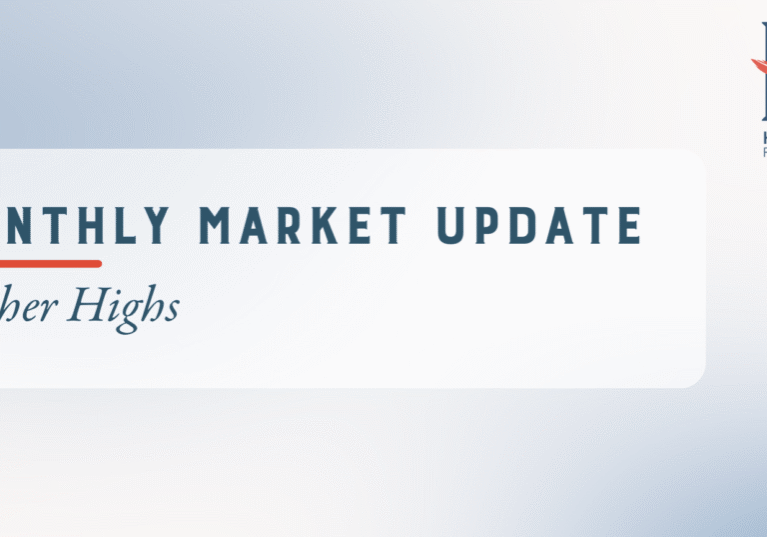We’ve shared a number of posts on how to protect your portfolio from inflation, including:
- Three Strategies We’re Using to Address Inflation, Volatility, and Uncertainty
- Should I Buy Treasury Inflation Protected Securities?
In the most recent episode of our podcast, Wealthy Behavior, guest Casey Frazier, Chief Investment Officer of Versus Capital, talks in detail about the pros and cons of some of the most common inflation hedges.
What’s the Best Inflation Hedge?
A common way to hedge against inflation is to allocate some of your portfolio to assets that will benefit from inflation. But not all inflation hedges are alike. Some are income-driven, with contractual cash flows that move higher in an inflationary environment. A good example is rental property, where rents rise as inflation increases. Other inflation hedges are more supply and demand driven, where they have the potential to increase in value during an inflationary period because investors EXPECT demand to rise, pushing prices higher. An example of this is precious metals.
As host Sammy Azzouz discusses with Casey, real estate and other tangible hard assets, like farmland and timber, are strong hedges against inflation because they benefit from both income (contractual cash flows) and supply/demand dynamics.
Listen to the full episode – Not All Assets are a Bust This Year – to learn more about the benefits of hard assets with contractual cash flows and how you can access this type of investment in your portfolio. In addition, Sammy and Casey discuss:
- the pros and cons of investing in hard real estate versus real estate investment trusts,
- how you can own private real estate, and things like farmland, timber, and infrastructure like toll roads in your investment portfolio (even if you aren’t an institutional investor),
- the outlook for commercial real estate following the COVID pandemic,
- how the Russian invasion of Ukraine is impacting the price of farmland,
- what’s going on with lumber costs, and more.
And for more on Heritage Financial’s outlook on the financial market and investments, join us on Tuesday, September 13th for our Post-Summer Market Outlook.



